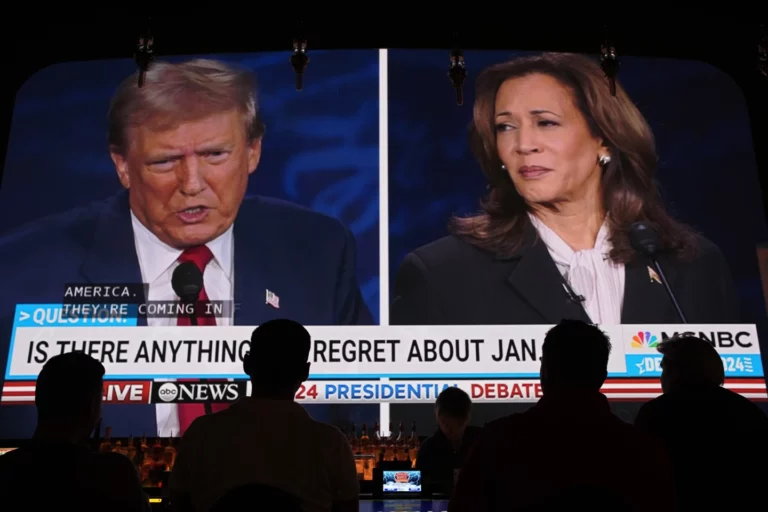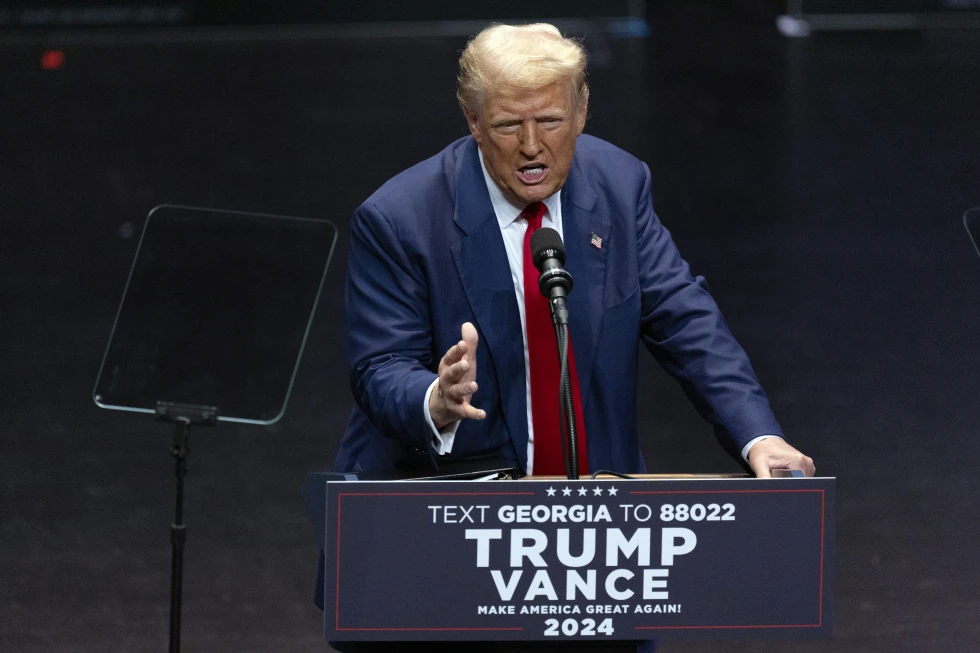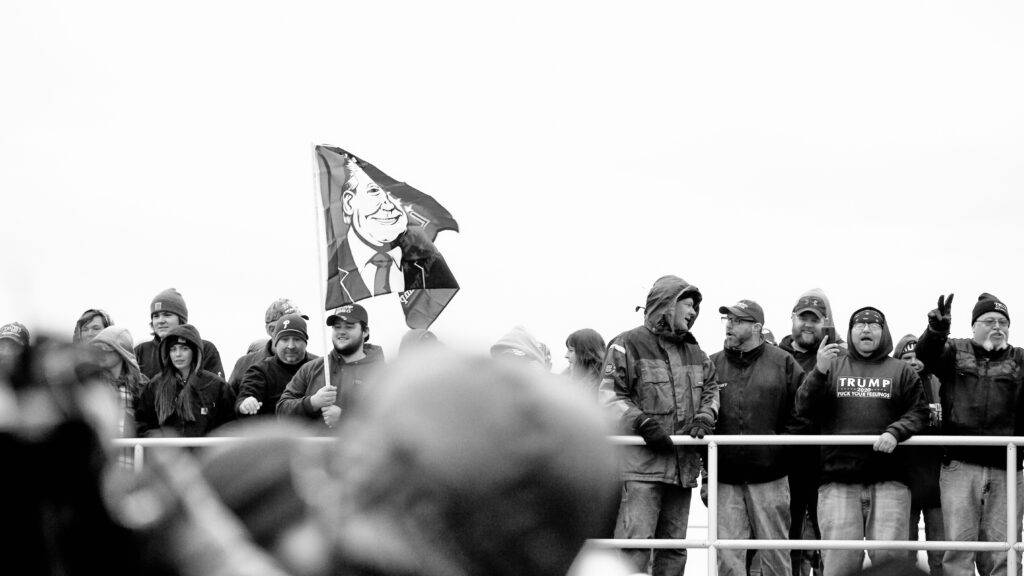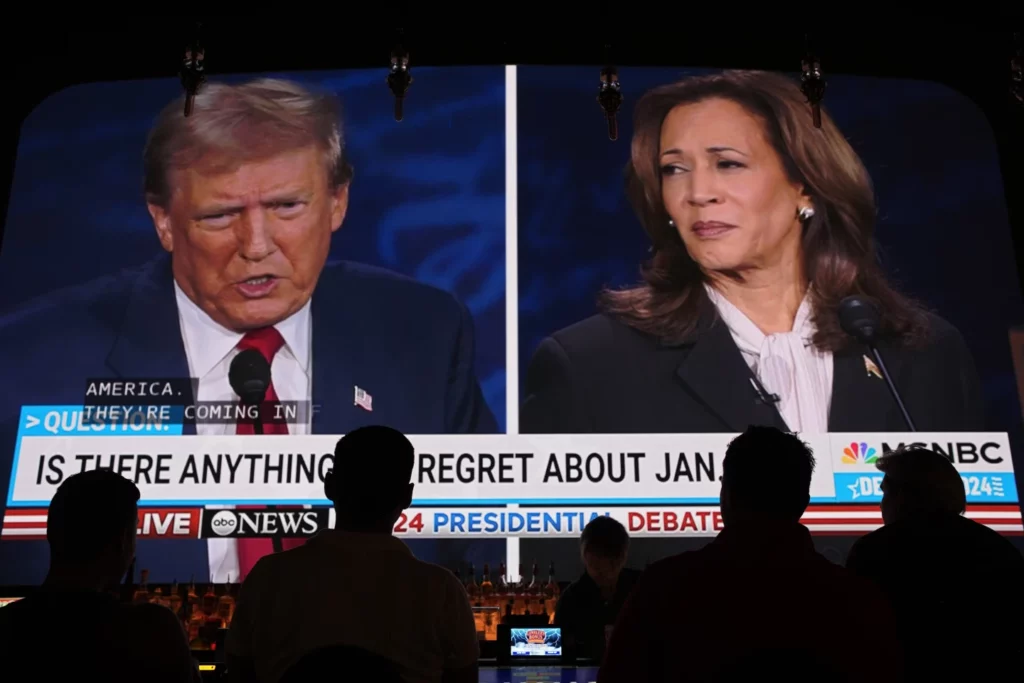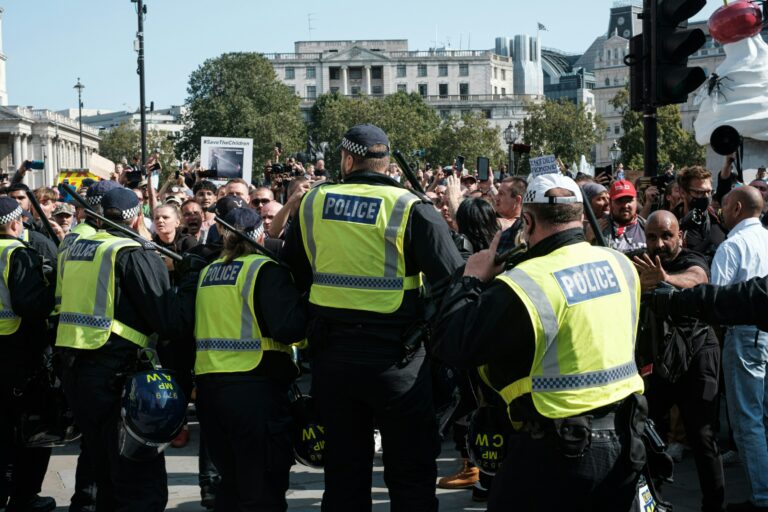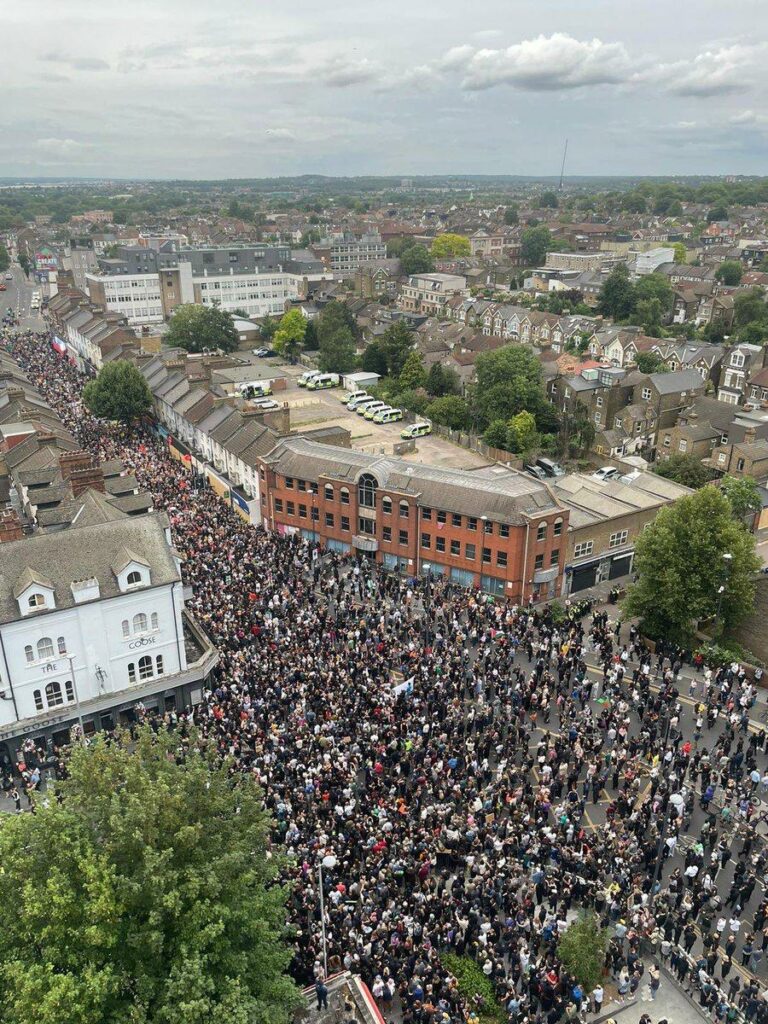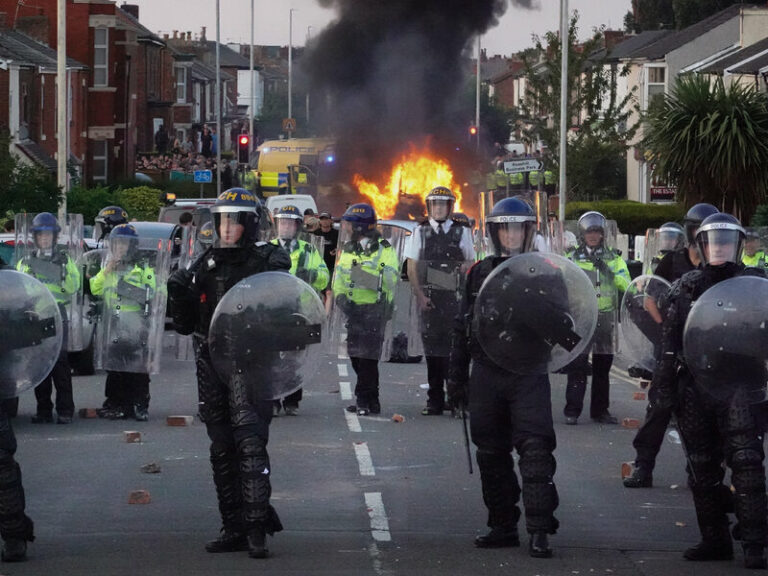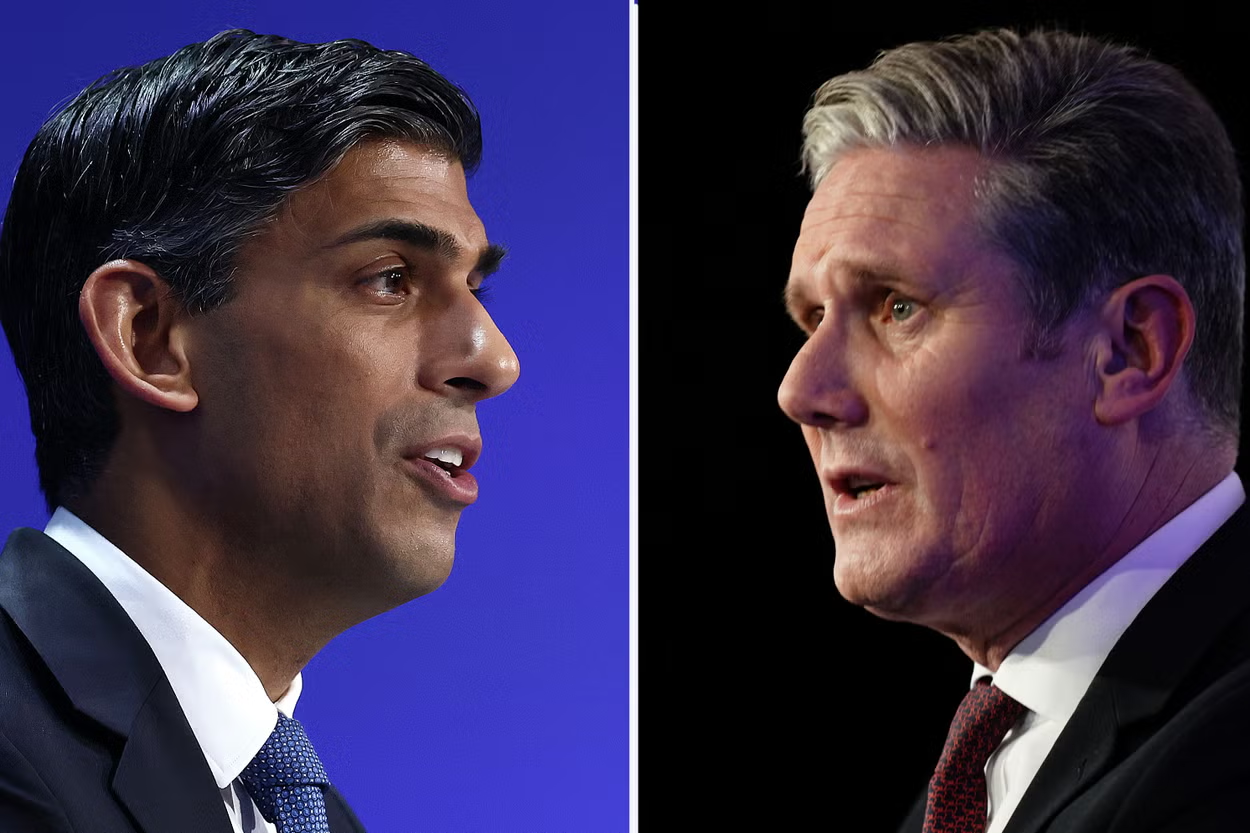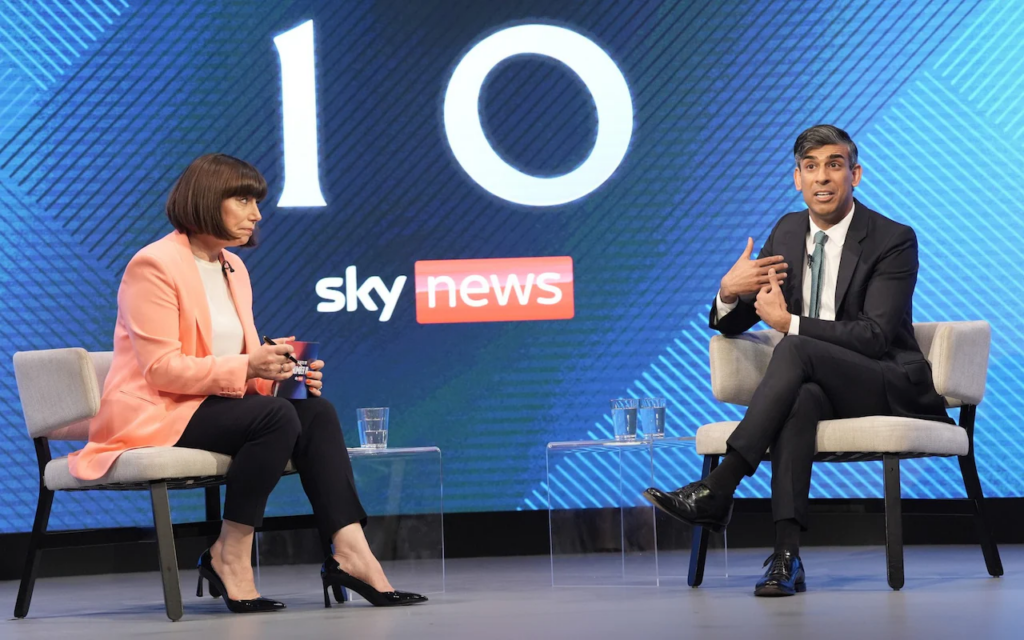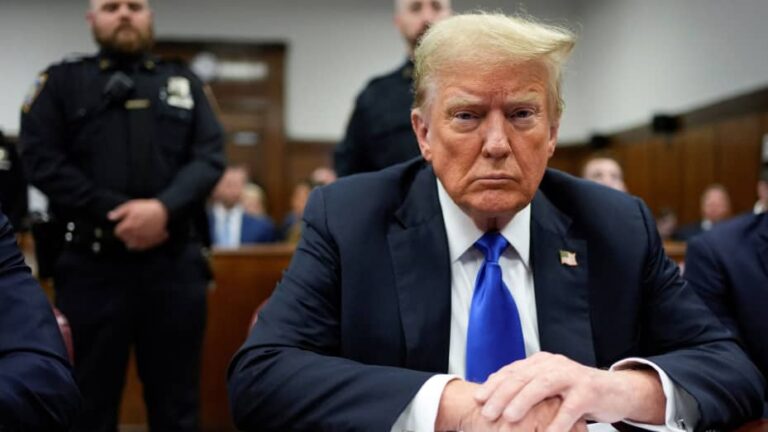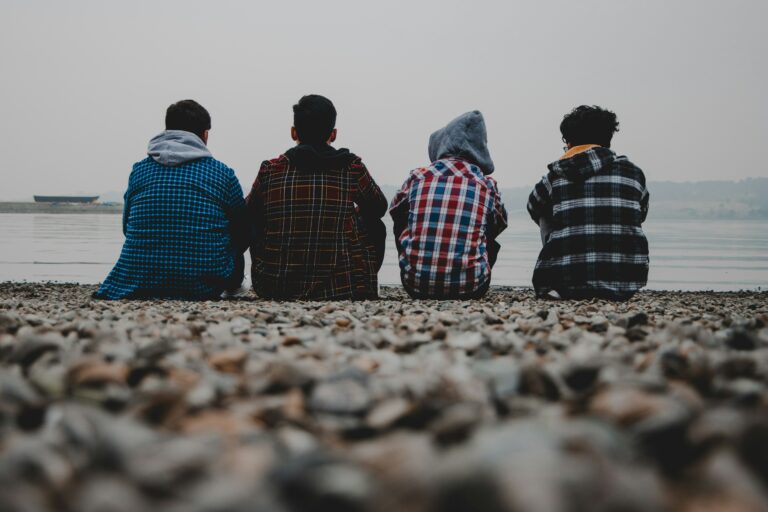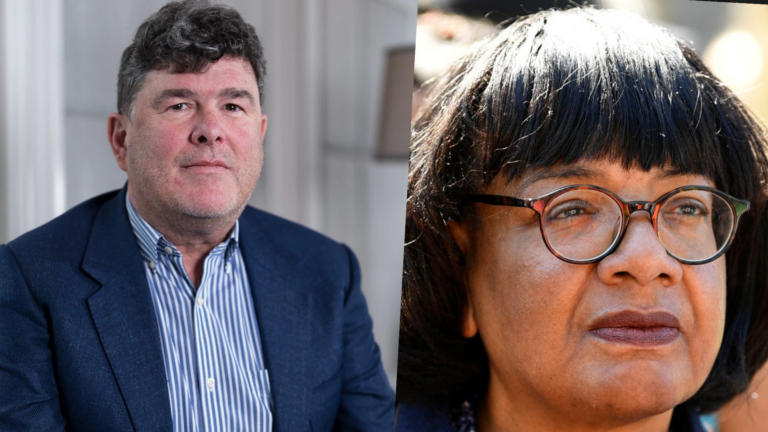Few geopolitical rivalries today are as complex, emotionally charged, and persistently misunderstood as the one between Iran and Israel. It is a tension that dominates regional politics in the Middle East, influences global security policy, and shapes the perceptions of millions—yet is often oversimplified in public discourse.
When I visited Israel last year, I was struck by the depth and nuance of the perspectives I encountered. I spoke to Palestinians in East Jerusalem, secular and religious Israelis, Iranians living abroad, and members of local peace and policy organisations. These encounters moved the conflict from abstract news stories to real, human conversations. It became clear to me that to truly understand the conflict, we need to move past slogans and dig into history, ideology, and current power structures.
Where It Began: The Revolution That Redrew the Map
While many assume that the animosity between Iran and Israel is ancient, the current dynamic is actually a relatively modern development. Up until 1979, Iran and Israel maintained a relatively cooperative relationship. Under the leadership of Shah Mohammad Reza Pahlavi, Iran was one of the few Muslim-majority nations in the Middle East to maintain close economic and diplomatic ties with Israel. Trade and intelligence cooperation were common, and Iran even supplied Israel with oil.
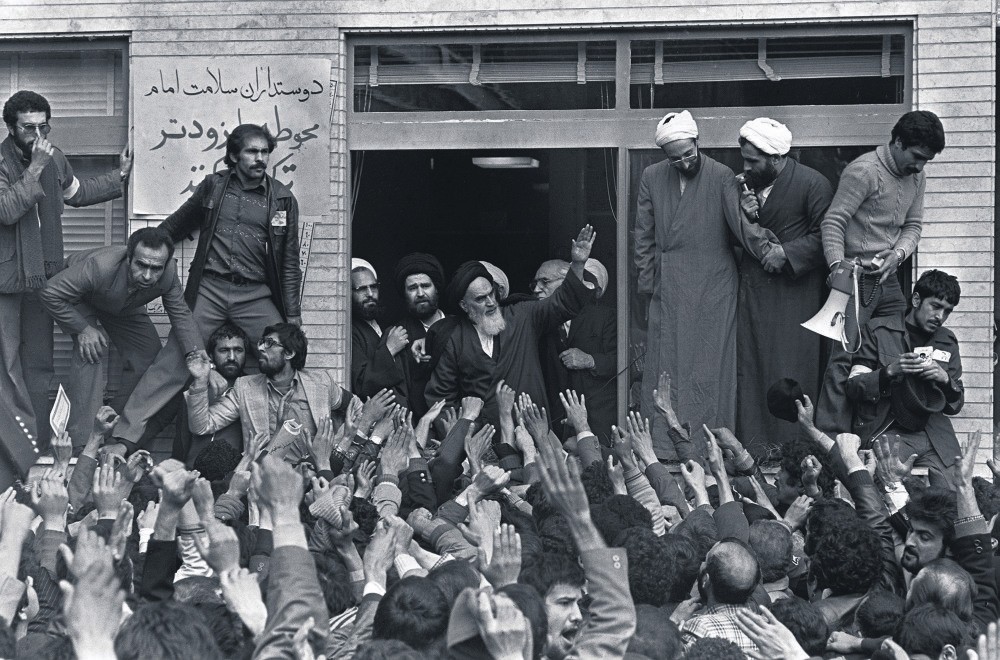
That changed dramatically with the Iranian Revolution of 1979. The overthrow of the Shah and the rise of Ayatollah Ruhollah Khomeini brought with it a new, theocratic regime with a radically different worldview. The Islamic Republic of Iran swiftly severed ties with Israel, labelling it an illegitimate “Zionist regime” and framing its opposition as both a religious duty and a geopolitical imperative.
This marked the beginning of a sustained ideological and strategic opposition—one that persists to this day.
Why the Conflict Persists
At the heart of the Iran-Israel conflict is a profound clash of ideology, identity, and regional ambition.
For Iran, opposition to Israel is not merely symbolic. It is part of a broader strategy to position itself as the leading force in resistance to Western influence and to champion the Palestinian cause as a central plank of its foreign policy. Iran supports militant groups such as Hezbollah in Lebanon and Islamic Jihad in Gaza groups that openly oppose Israel’s right to exist and have carried out attacks on Israeli territory.
From Israel’s perspective, Iran represents an existential threat. Tehran’s nuclear ambitions are deeply alarming to Israeli leadership, who fear a scenario in which a hostile regime acquires the capability to launch a nuclear attack. This fear is not purely hypothetical—Israeli intelligence has long monitored Iranian nuclear facilities and has allegedly conducted sabotage operations and targeted assassinations of Iranian nuclear scientists in response.
As Foreign Affairs noted in a recent analysis, this is not simply a disagreement over territory or policy; it is a “conflict of narratives, each rooted in existential insecurity.”
Proxy Warfare: The Modern Battleground
What makes this conflict particularly volatile is that it is rarely fought directly. Instead, it plays out through proxies and indirect confrontations across the region.
Iran’s strategy of extending influence through armed non-state actors—such as Hezbollah in Lebanon, various militias in Iraq, and the Houthis in Yemen—has created a de facto “arc of resistance” from Tehran to the Mediterranean. These groups receive financial, logistical, and military support from Iran and, in turn, operate in ways that directly threaten Israeli interests.
Israel has responded with a consistent campaign of airstrikes, particularly in Syria, targeting Iranian weapons transfers and military infrastructure. According to reports from The Jerusalem Post, Israel has launched hundreds of such strikes over the past decade, often without claiming responsibility publicly, but widely understood to be part of a strategy to prevent Iran from entrenching itself on Israel’s northern border.

This state of ongoing indirect warfare came to a head in April 2024, when Iran, for the first time, launched a direct missile and drone attack on Israel. The vast majority of these projectiles were intercepted by a coalition of air defence systems from Israel, the United States, the UK, and Jordan. While the damage was limited, the significance was not. As Foreign Policy rightly put it, “The taboo of direct confrontation may now be broken.”
What Young People Are Saying
At The Common Sense Network, we spend a lot of time speaking with young people across the UK about politics, identity, and international affairs. Over the last few months, the Iran-Israel conflict has come up repeatedly and often with a noticeable shift in tone.
What we’re hearing is not blanket allegiance to one side or the other. Rather, young professionals and students express concern over human rights violations, media narratives, and the lack of nuanced dialogue. Many ask questions like: Can I oppose authoritarian regimes while still advocating for Palestinian rights? Is it possible to support Israeli citizens without supporting every policy of the Israeli government?
These are not easy questions, and they reflect the growing desire for a more sophisticated, morally consistent approach to global issues.
Personally, I’ve also spoken with Iranians who oppose their government’s international posturing, Palestinians who are disillusioned with both regional and international leadership, and Israelis who worry that their government’s response to Iran is escalating a conflict without a clear endgame. It is in these conversations—not the headlines—that the real emotional and intellectual weight of this conflict is felt.
What the Future Might Hold
So, where do we go from here? In the short term, we are likely to see continued proxy engagements, cyber operations, and sporadic escalations. With no formal diplomatic relations between Iran and Israel and deep mutual mistrust, the possibility of meaningful negotiations remains slim.
However, several variables could shift the landscape. Iran’s internal politics are in flux. Mass protests—most notably those following the death of Mahsa Amini in 2022 have challenged the regime’s legitimacy and could, over time, alter its foreign policy orientation. Whether the next generation of Iranian leadership will continue this confrontational posture remains to be seen.
In Israel, political fragmentation and the fallout from the recent war in Gaza are raising tough questions about national security, diplomacy, and the role of international partnerships.
One potential diplomatic avenue is the resurrection of the Iran nuclear deal (JCPOA), which, if renegotiated successfully, could reduce tensions by placing limits on Iran’s nuclear program in exchange for economic relief. But as analysts at Haaretz and Brookings have pointed out, any such deal would face immense political resistance in both countries—and may not address the broader ideological conflict at all.
As someone who grew up watching world events from the UK, I used to think of these issues as distant and abstract. That changed when I visited Israel last year and spoke to people living at the intersection of ideology and conflict. These conversations brought home the reality that what happens in Tehran, Tel Aviv, or Gaza reverberates far beyond those borders.
For professionals in the UK and across the West, this conflict touches more than foreign policy. It shapes our political discourse, informs debates about human rights and free speech, and influences everything from energy markets to social cohesion. It also affects how we relate to one another—Muslims, Jews, Christians, and everyone else navigating these conversations at work, in universities, and online.
A Call for Common Sense
The Iran-Israel conflict is not easy to summarise in a tweet or capture in a one-sided soundbite. It demands context, humility, and a willingness to sit with uncomfortable truths.
We must acknowledge that Iran’s regime has pursued destabilising policies across the region—but also that many Iranians oppose these actions. We must recognise Israel’s legitimate security concerns—but also challenge policies that undermine human dignity and violate international norms.
At The Common Sense Network, our aim is not to provide definitive answers, but to create space for better questions—for conversations that seek understanding over outrage, and clarity over noise.
I don’t claim to have all the answers. But I do believe this: our response to these kinds of global crises will shape the kind of society we become.




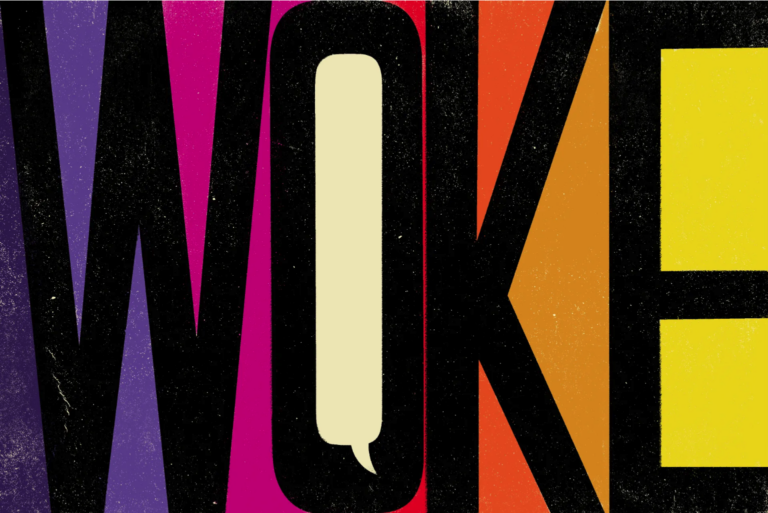



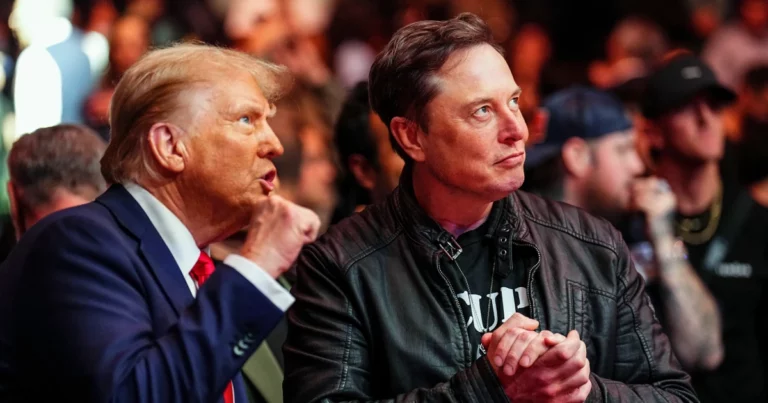






 Sky 501, Virgin 602, Freeview 233 and YouTube
Sky 501, Virgin 602, Freeview 233 and YouTube 